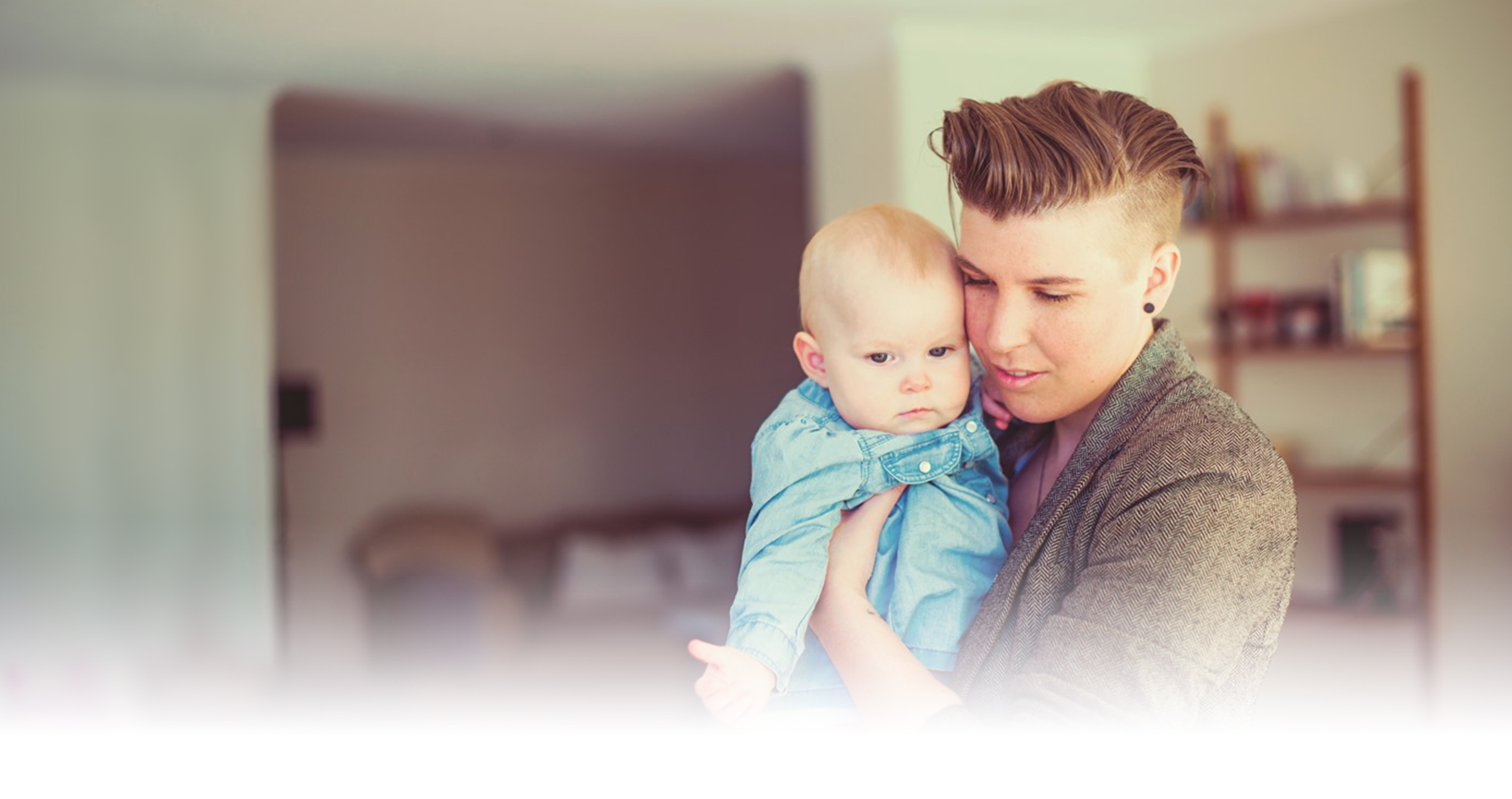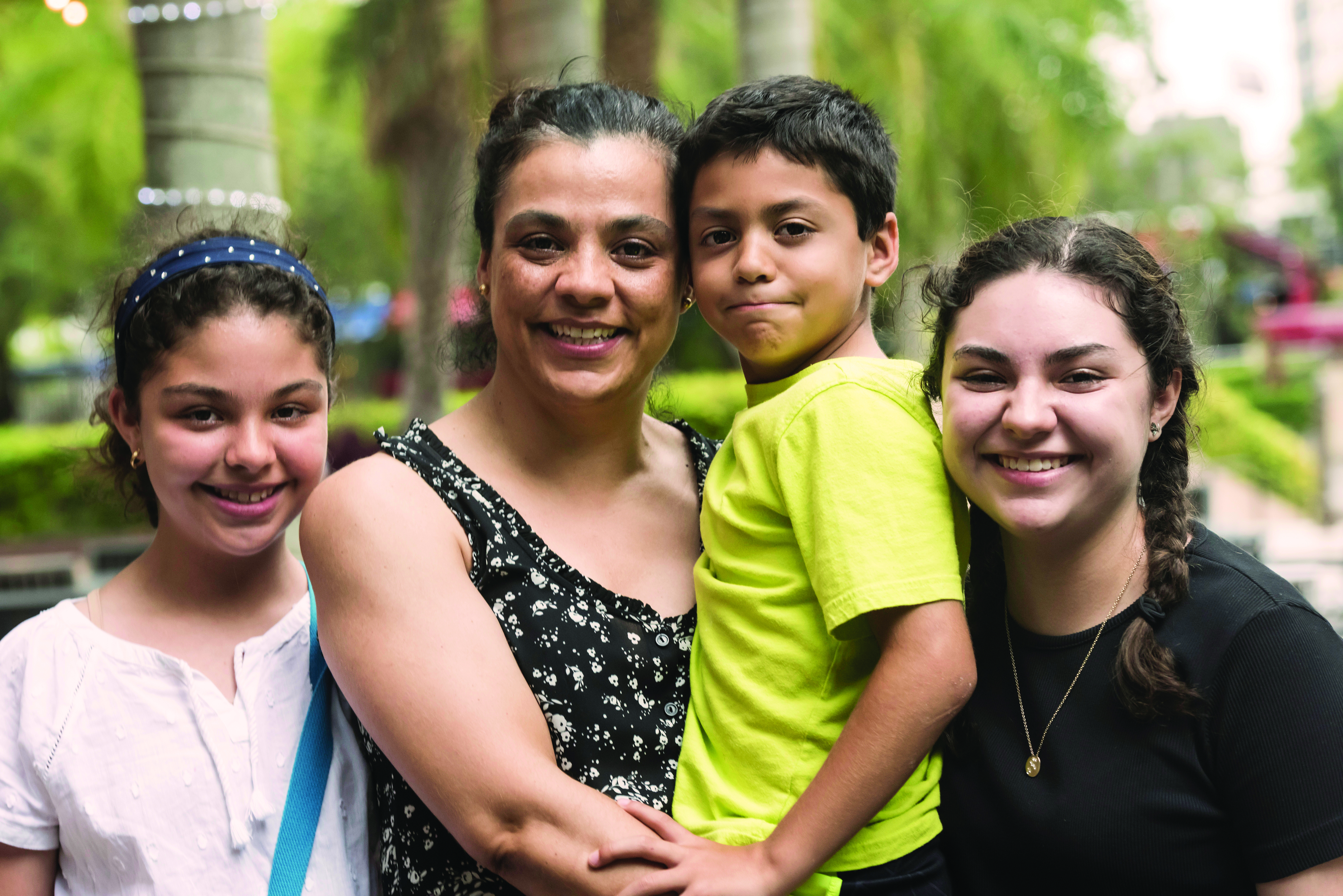
We believe ending domestic violence begins with creating a more equitable society – through actively dismantling the belief systems that allow inequality to exist. With community support, Raphael House continues working toward a future without abuse, where oppression in any form is not tolerated.
75%
of the survivors we serve identify as people of color

Who do we serve?
Raphael House proudly serves anyone impacted by domestic violence regardless of gender identity, ethnicity, disability, immigration status, primary language, or sexuality.
Multigenerational families with kids (and adults) of all ages are supported, and we welcome companion animals!
Domestic violence affects all people and communities, but people who have been historically barred from accessing resources experience greater barriers to safety, especially Black, Brown, Indigenous, and LGBTQIA+ families. That’s why we have designed our programming at Raphael House to be a welcoming space for survivors of every gender identity, sexuality, race, ethnicity, immigration status, primary language, ability, and age.
We’ve offered a safe haven to survivors for more than 45 years, and continually work to enact social change and prevent violence in our community.
We’re committed to always learning, improving, and growing in pursuit of a more just and equitable world.
Read more ABOUT OUR MISSION AND VALUES
In 2010 we formed what is now called our Inclusion, Diversity, Equity, and Accessibility (IDEA) Committee to continually evaluate our practices, have tough conversations, open the door to survivors that are not accessing our services, and help ensure we have a safe and open work environment for staff and volunteers.
We continually work toward practices and policies that fully reflect our commitment to diversity, equity, inclusion, and accessibility.
Serving individuals of all gender identities reflects our belief that everyone deserves a life free from violence, and in 2016 our shelter shifted to reflect this. This process began in 2010 and was directed by our IDEA Committee. Staff completed a series of trainings, met with local gender-inclusive shelters to discuss best practices, and examined language used in our paperwork, outreach materials, and policies.
We’ve taken significant steps to improve pay transparency and equity by establishing formal pay bands that are available for all staff, including annual raises on each employees’ work anniversary (pending yearly budget approval).
We instituted $2-$3/hour raises for direct service staff in 2022, and an agency-wide $3/hour raise in 2023. We are continuing to grow in this area so that all our staff can have thriving wages.
One of our greatest equity challenges is funding this wage growth. This is critical as we aim for our team to be even more reflective of the community we serve, and to support those with lived experience in guiding our agency. As of 2024, 74% of our staff identify as survivors and 4 are former program participants, 65% identify as LGBTQIA+, and 34% have experienced homelessness.
In 2020, Raphael House undertook an agency-wide initiative to further build our capacity to advance diversity, equity, inclusion, and accessibility (DEIJ) throughout our operations and programs. Recognizing the need for an external perspective, and with support from the Collins Foundation, we contracted with Capacity Building Partnerships (CBP) – a local consulting firm led by women and people of color.
In an 18-month long process, CPB facilitated in-depth trainings with our staff and board; completed one-on-one evaluations and coaching for our management team; and led workgroups of staff and board members through a process of self-evaluation to identify specific, tangible opportunities to advance DEIJ within our agency. Workgroups focused on three key areas: Organization (internal practices and policies); Programs (service delivery with emphasis on survivors facing the greatest disparities); and Community Engagement & Partnerships (outreach and strengthening interagency connections).
Recommendations from these workgroups became our Equity Road Map, which is currently helping drive our ongoing and agency-wide DEIJ efforts under direction of our IDEA Committee and management team.
Raphael House was proudly a member of McNeff’s Open Doors for Survivors with Disabilities from 2015 through 2023 (when funding ended and the project was paused). This cross-system collaboration worked to identify and create sustainable, systemic changes within local organizations to be more accessible. As part of our involvement, we adapted policies and procedures to more extensively practice trauma-informed care via specifically looking at ways to incorporate universal design and accessibility for people with disabilities.